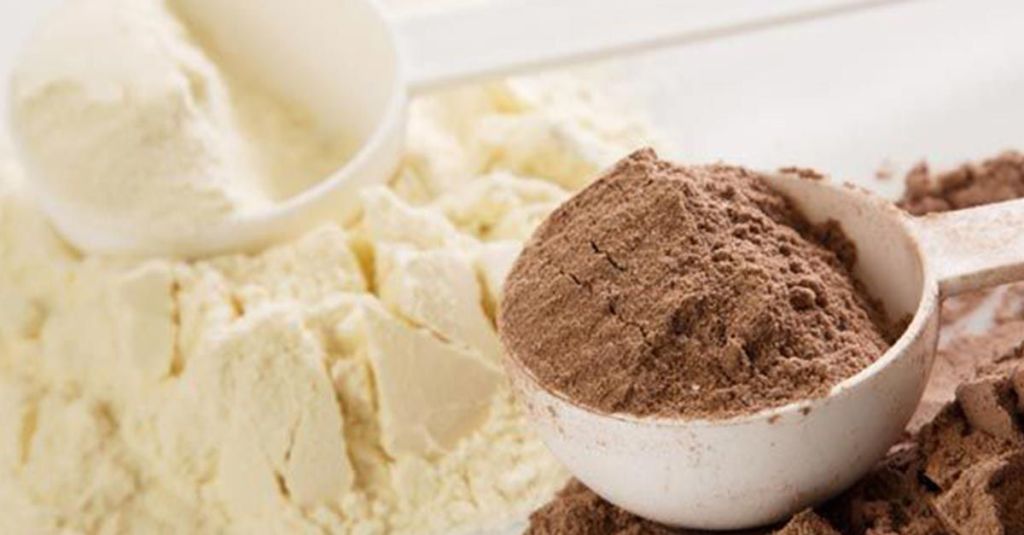DMAA (1,3-Dimethylamylamine) was once the king of the pre-workout play area. Whenever the (FDA) Food and Drug Administration declared it unsafe and removed it from the industry, everything came to a standstill. Even though the prohibition was enacted a few years ago, experts are still asked if DMAA is as negative as it appears. Specialists and researchers looked it up and found the following information about the impacts of DMAA, why this is no longer on the industry, and how much you can include in its place.

What Is DMAA (1,3-Dimethylamylamine)?
The stimulant DMAA (1,3-Dimethylamylamine) was originally developed as a nasal decongestant. Even though DMAA got known for its adrenaline-boosting power, it eventually made its way into nutritional supplements. Given the rise in energy, its adverse effects became a cause of worry. The Food and Drug Administration (FDA) began issuing cautions to manufacturers with dmaa powder containing dietary products in 2012. They saw it as a health threat to customers and have also been working hard to get DMAA goods off the market.
Is DMAA Illegal?
Dimethyl hexylamine (DMHA) was first developed as a sinus decongestant. DMHA is now used in dietary supplements to help people improve their exercise performance, “burn calories,” and lose weight. However, there is no decent scientific evidence to back up these claims.
Throughout April 2013, use and buy phenibut powder in food additives was declared illegal. The Food and Drug Administration (FDA) claimed that DMAA raised blood pressure and heart rate and caused other cardiac issues such as difficulty in breathing or heart attacks. Coffee is commonly found in pre-workout food products, which can be terrible when combined with DMAA substances.
Even though nutritional supplements containing DMAA are illegal, they are still available in the industry. They’re either unlawfully sold or made in a distinct country with different norms.
